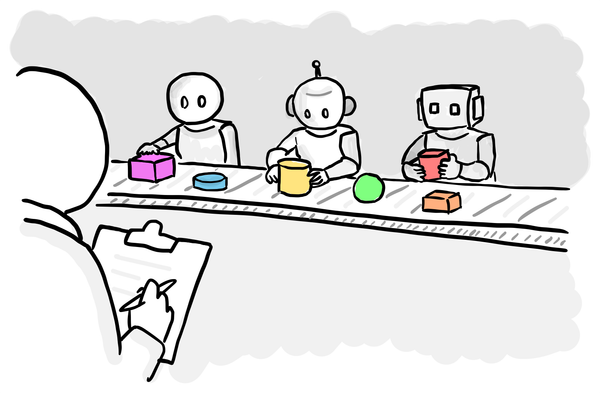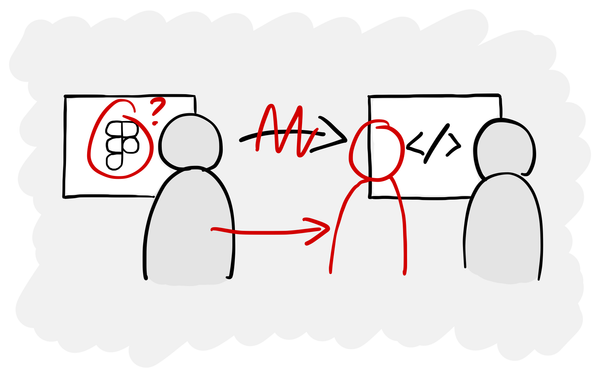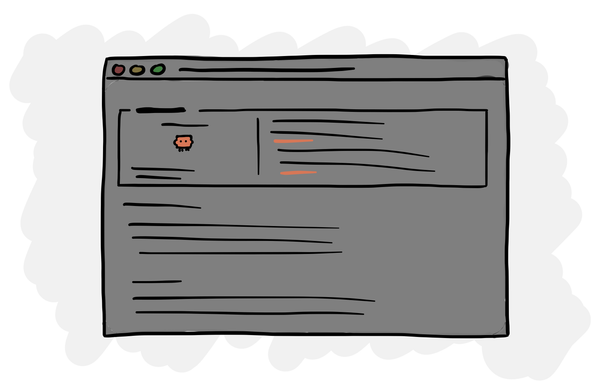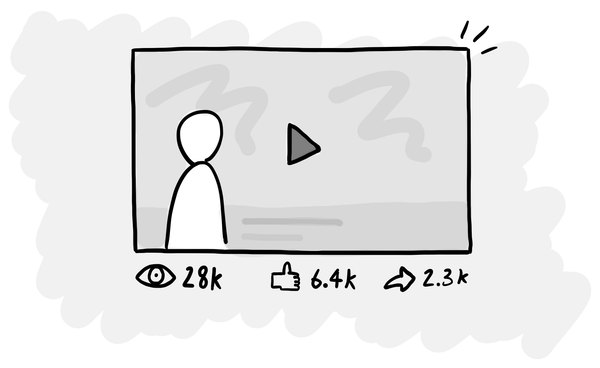Will AI really replace junior roles?
The case for hiring entry-level roles has never been stronger.
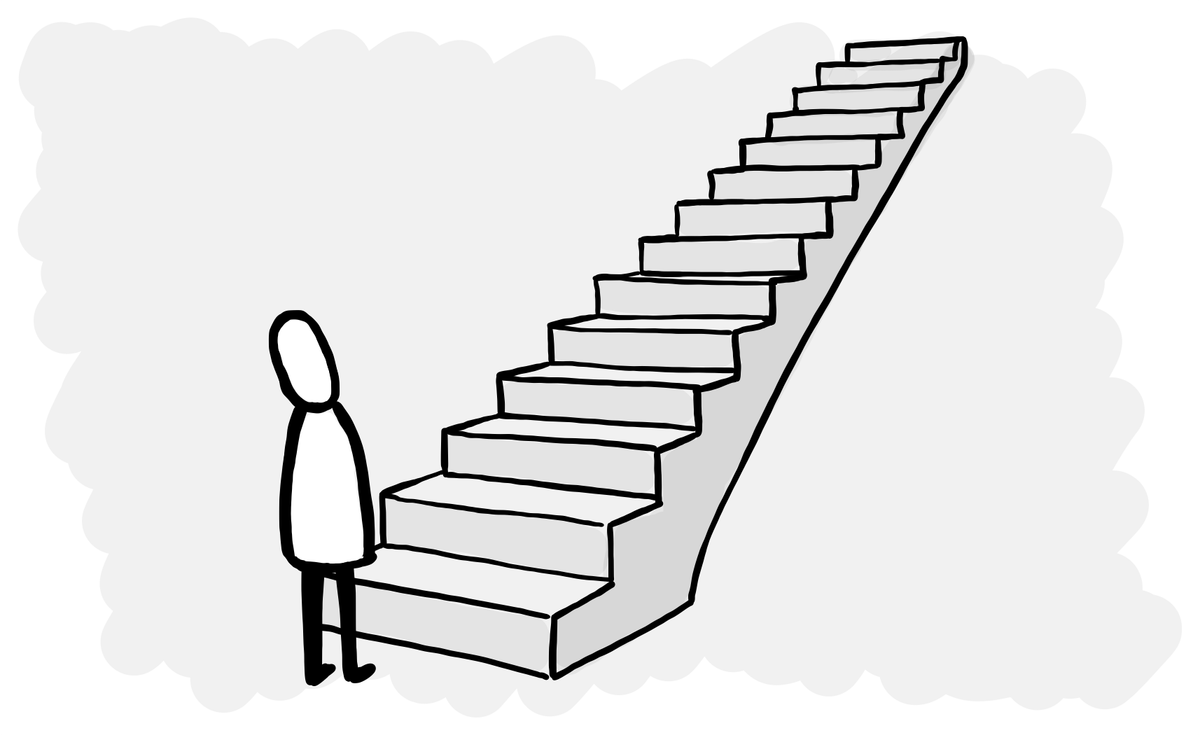
There’s a narrative going around that AI will eliminate junior roles. The logic is that entry-level roles do simpler tasks, and simple tasks are exactly what AI excels at automating.
The data appears to support this, with graduate job postings at multi-year lows. In the UK, graduate roles represent the smallest share of all job vacancies since 2018, down 12% since last year.
Yet this dip in entry-level hiring is probably due to wider economic factors (a macro slowdown, tariffs, older workers delaying retirement, etc.) and masks the actual impact of AI on younger workers’ careers.
Contrary to the narrative, I think that younger workers will actually benefit from AI rather than have it replace them.
The AI-native generation
On a recent episode of Lenny’s Podcast, Dan Shipper made the point that young people using AI as a default tool can skip much of traditional entry-level learning, accelerating straight into higher-level skills.
My take is whenever I see a kid with ChatGPT, I’m like, holy shit, they're going to grow so much faster than any other person that I've worked with... I think generally people are going to figure out that some 20-year-old with ChatGPT subscription is super powerful if you just mentor them...
While generative AI has only been mainstream for a couple of years, for a small but growing group of people, it’s been there throughout their transition from education into the workforce. For this cohort and those that follow, they’re starting their careers with the assumption that AI is part of how you get work done.
Even though a graduate entering the workforce will lack the expertise that their colleagues will have, they’ll likely be much more used to using AI.
History repeating itself
This pattern isn’t new. Younger workers have consistently led the adoption of tech in the workplace:
- Late 1800s: Switchboard operators were predominantly teenagers and young adults who adapted quickly to the intensive work telephones required.
- Early 1900s: Young people fresh from commercial colleges were recruited to use typewriters, proving faster learners than established staff.
- 1980s-90s: Companies with access to recent graduates adopted PCs and spreadsheets faster, as these workers arrived with the skills already learned.
- 2010s: Under-35s led smartphone and mobile app adoption in the workplace.
AI is no different. 18-29-year-olds are most likely to use generative AI tools at work, treating them as something you simply pick up and use rather than a dramatic technological shift.
Young people are also more entrepreneurial
The other big difference between the generation of people entering the workforce now and those who came before is how entrepreneurial they are.
The culture of side hustles, earning money online and ease of starting a business (due to Shopify, Gumroad, etc.) means that young people are exposed to business at an increasingly early age.
- Nearly 25% of Americans aged 18-24 are actively starting or running a new business, the highest rate of any age group.
- 63% of UK Gen Z have already “tried their hand at a side hustle or small business”.
When I was at school, Young Enterprise was the only way you were exposed to entrepreneurship. Now it’s all over YouTube, Instagram, TikTok and so on. This should create more workers who are naturally curious, self-starting and comfortable with experimentation.
The expertise gap
Of course, there's a catch: juniors lack the expertise to apply their skills, which still must be built up over time.
As I've written before, AI amplifies expertise rather than replacing it. Experienced workers are better at judging AI output and applying context that inexperienced workers might miss.
The move to remote and hybrid working means it’s harder for people at the start of their careers to get ad-hoc coaching. On the other hand, the availability of YouTube, Skillshare and other platforms makes certain skills and tools (e.g. Figma) far easier to learn than before.
Making the most of junior talent
If you’re going to be hiring juniors – which you should be – then the best approach is to formally pair them with a more experienced colleague.
This way you enable learning in a deliberate and intentional way. If you just stick juniors on projects with limited or ad-hoc support, in today’s hybrid world this will not give you the results you’re looking for.
When you combine youth and experience, you get the best of both: the speed and innovation from the younger worker, with the judgement and expertise of the senior one.
The case for hiring juniors
When people are thinking about if AI is going to replace junior roles, I think they’re comparing AI to the juniors of the past.
Instead, you should be comparing AI to juniors using AI. When you consider how well adapted to AI this new cohort of young people are going to be, and how much more entrepreneurial they are, the equation is different.
You could argue that this generation of juniors is the most valuable that there’s ever been, because they can be so much more productive and more of them are already familiar with business.
Rather than leaving young people behind, AI will make them more capable and more attractive to have in your organisation, not less.


